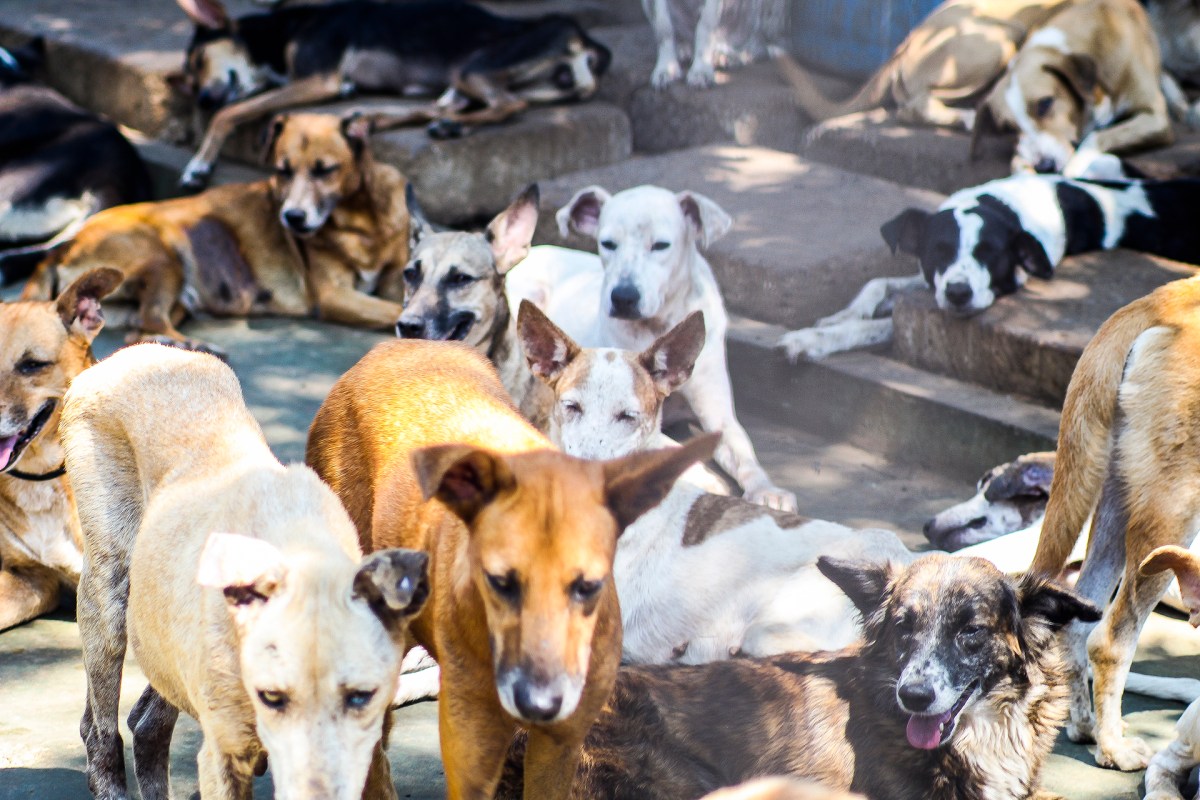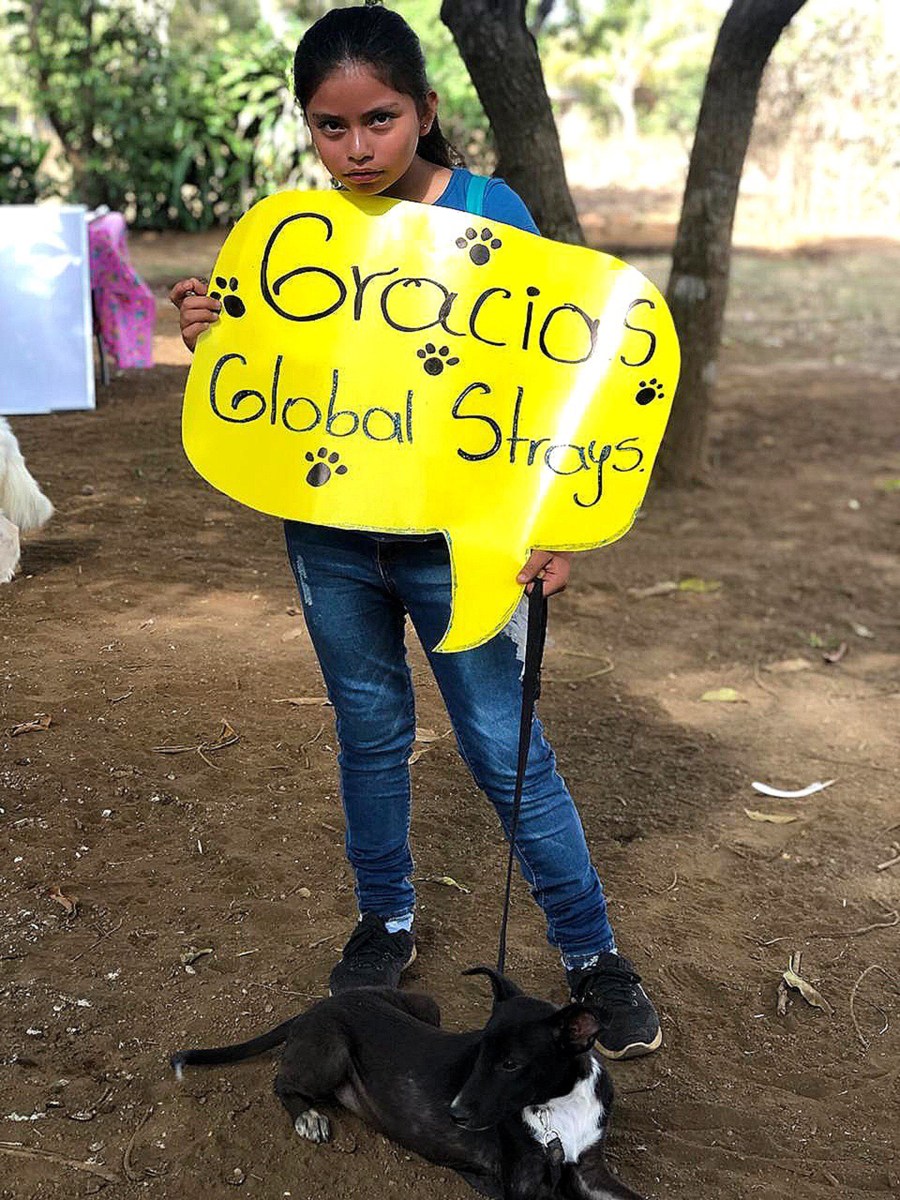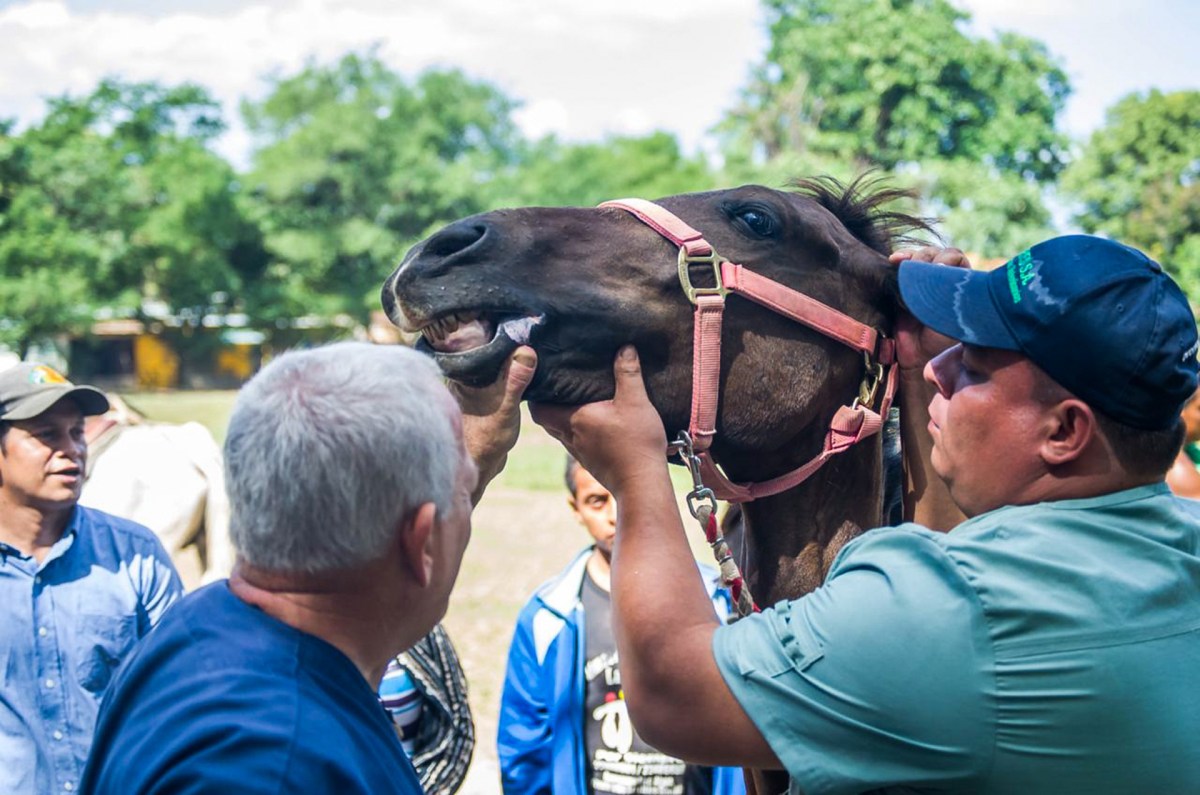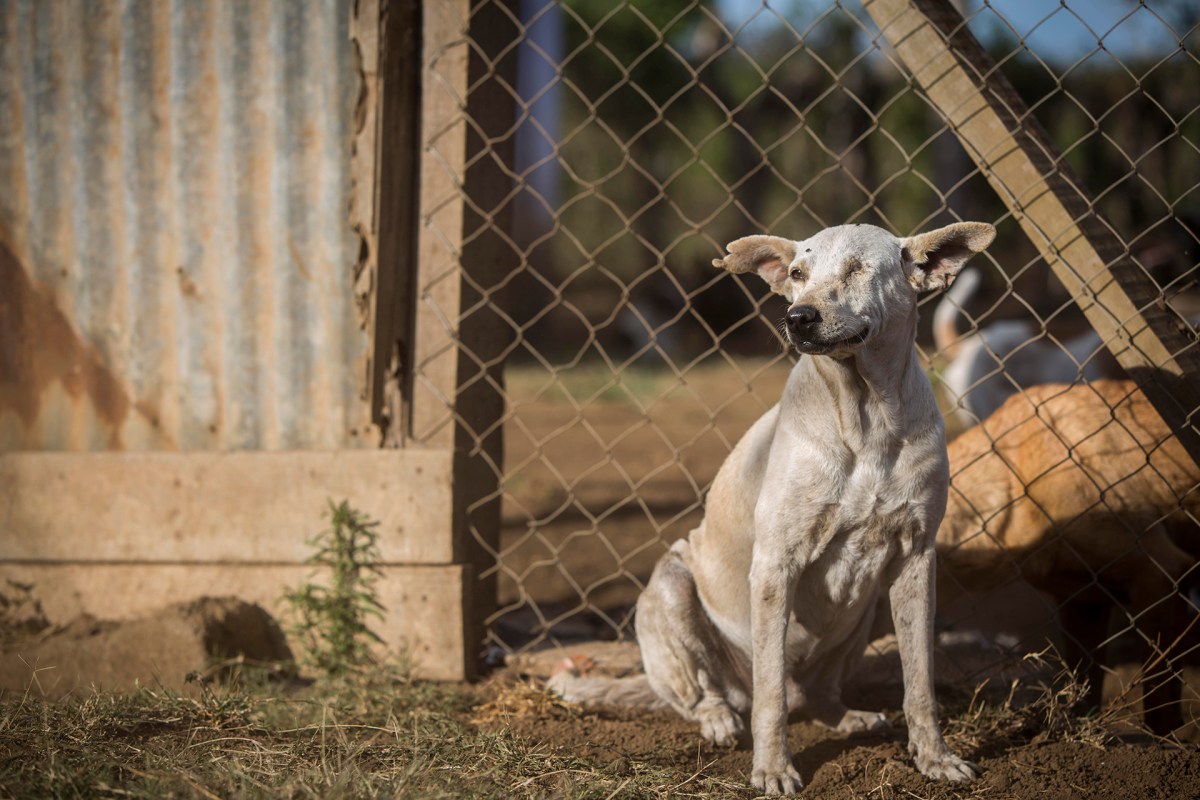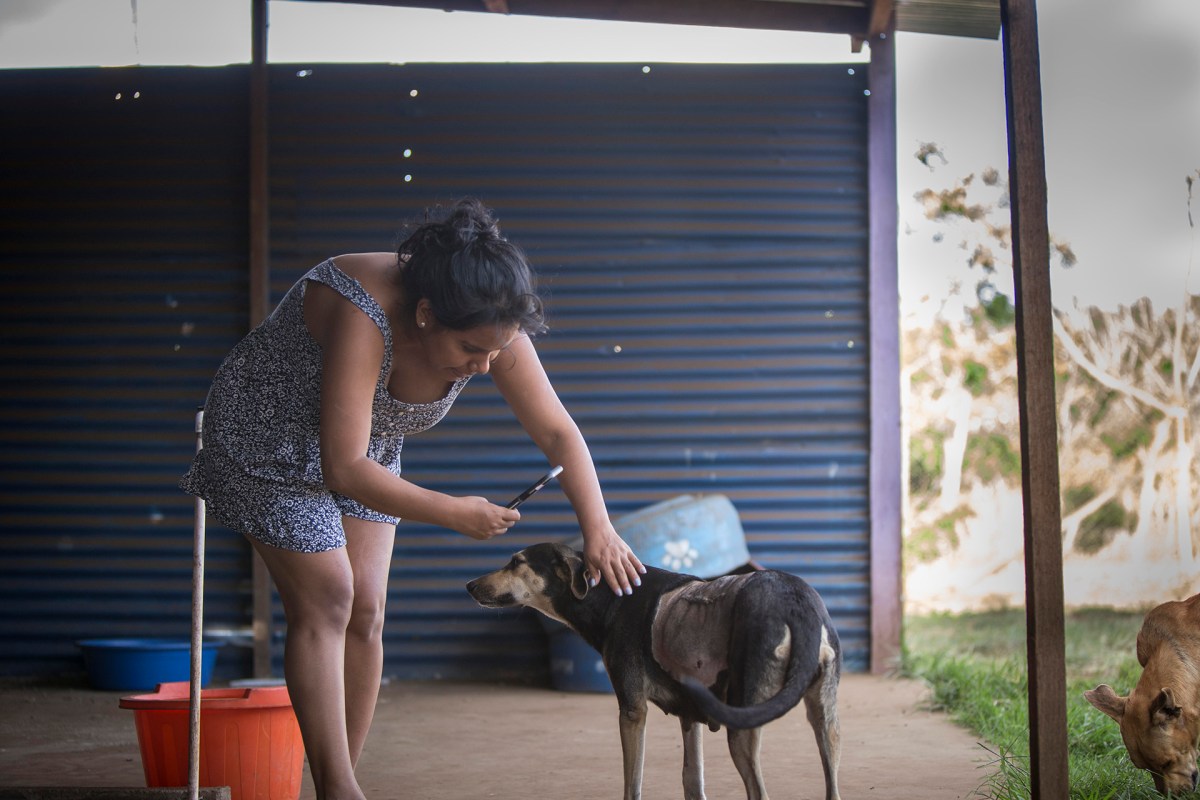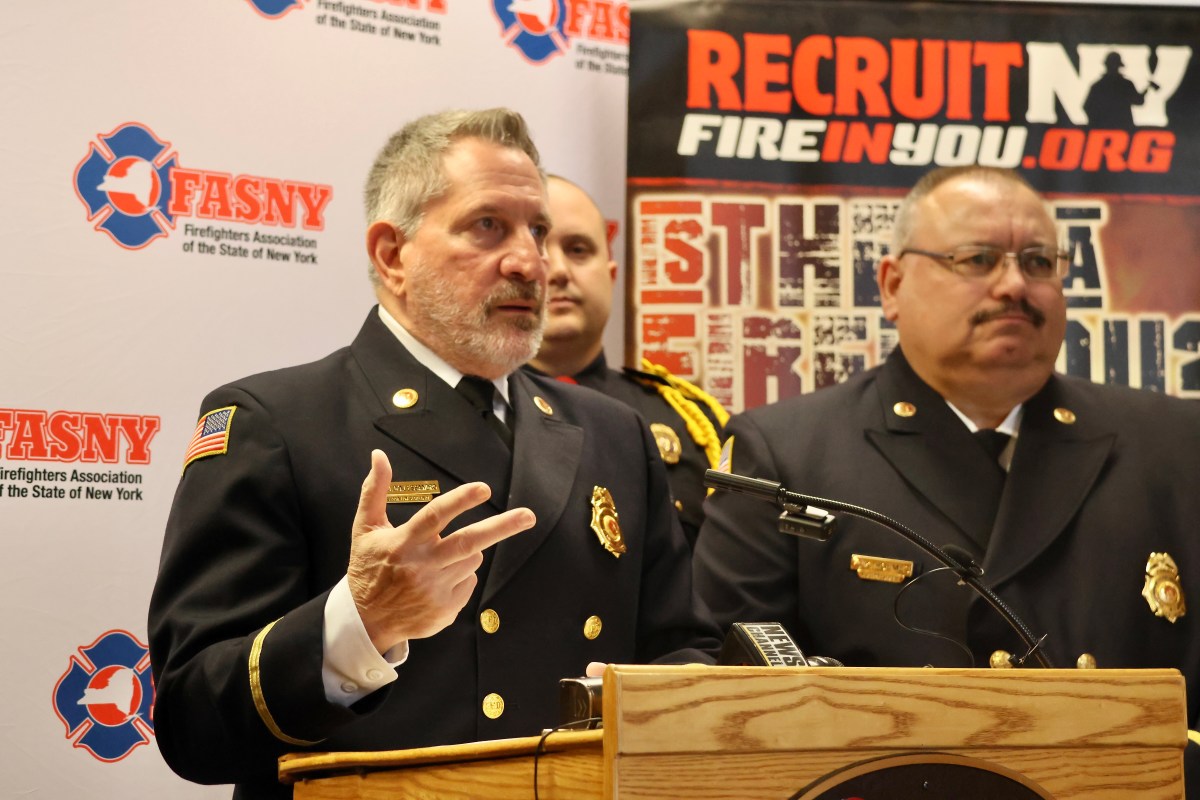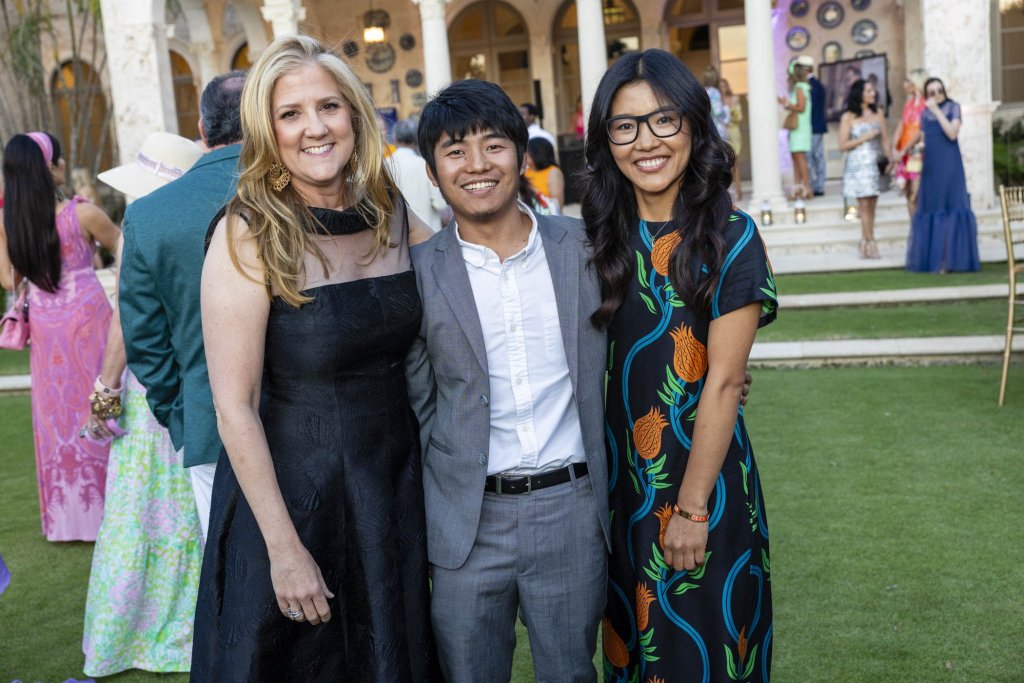Healthy Animals, Healthy Humans
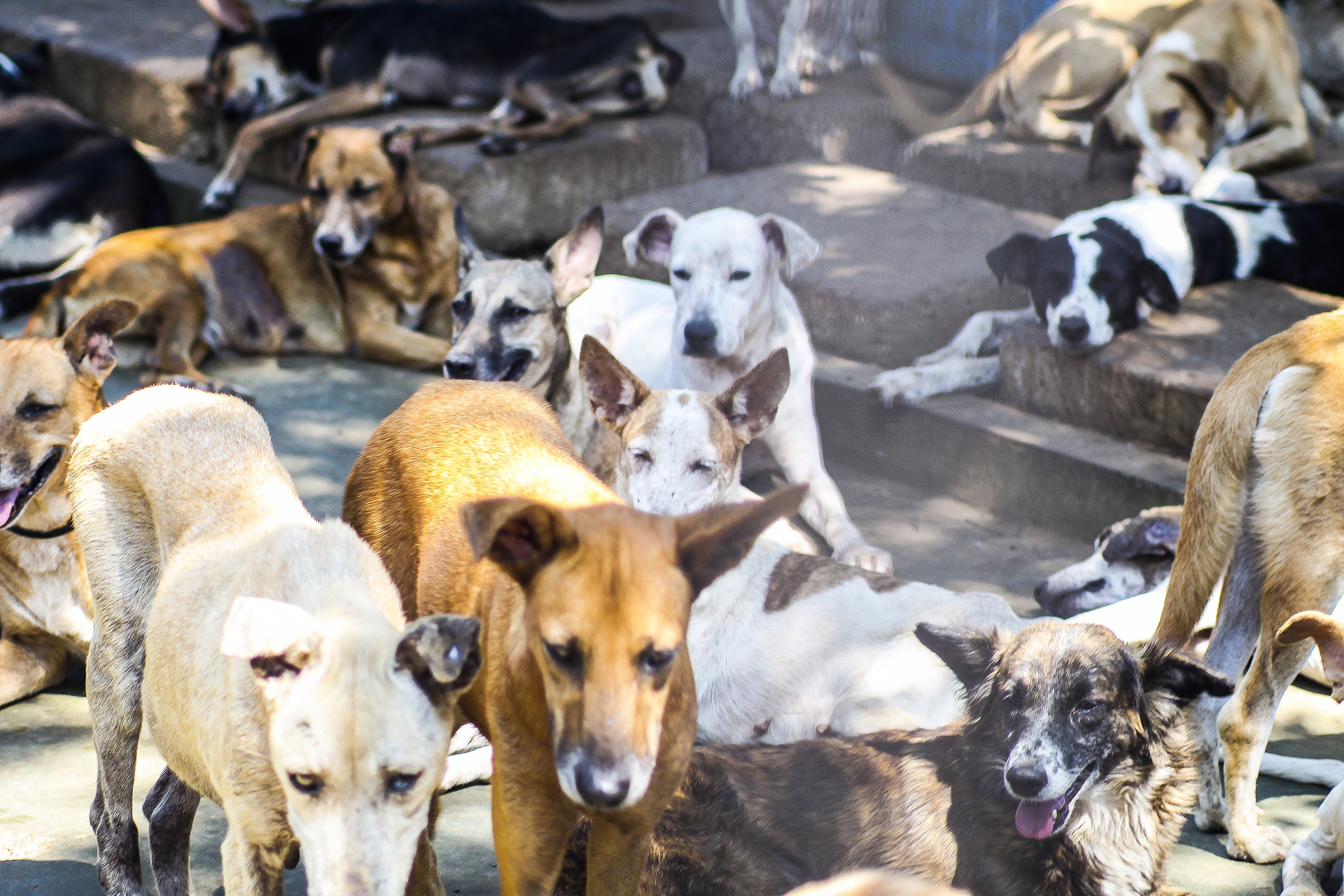
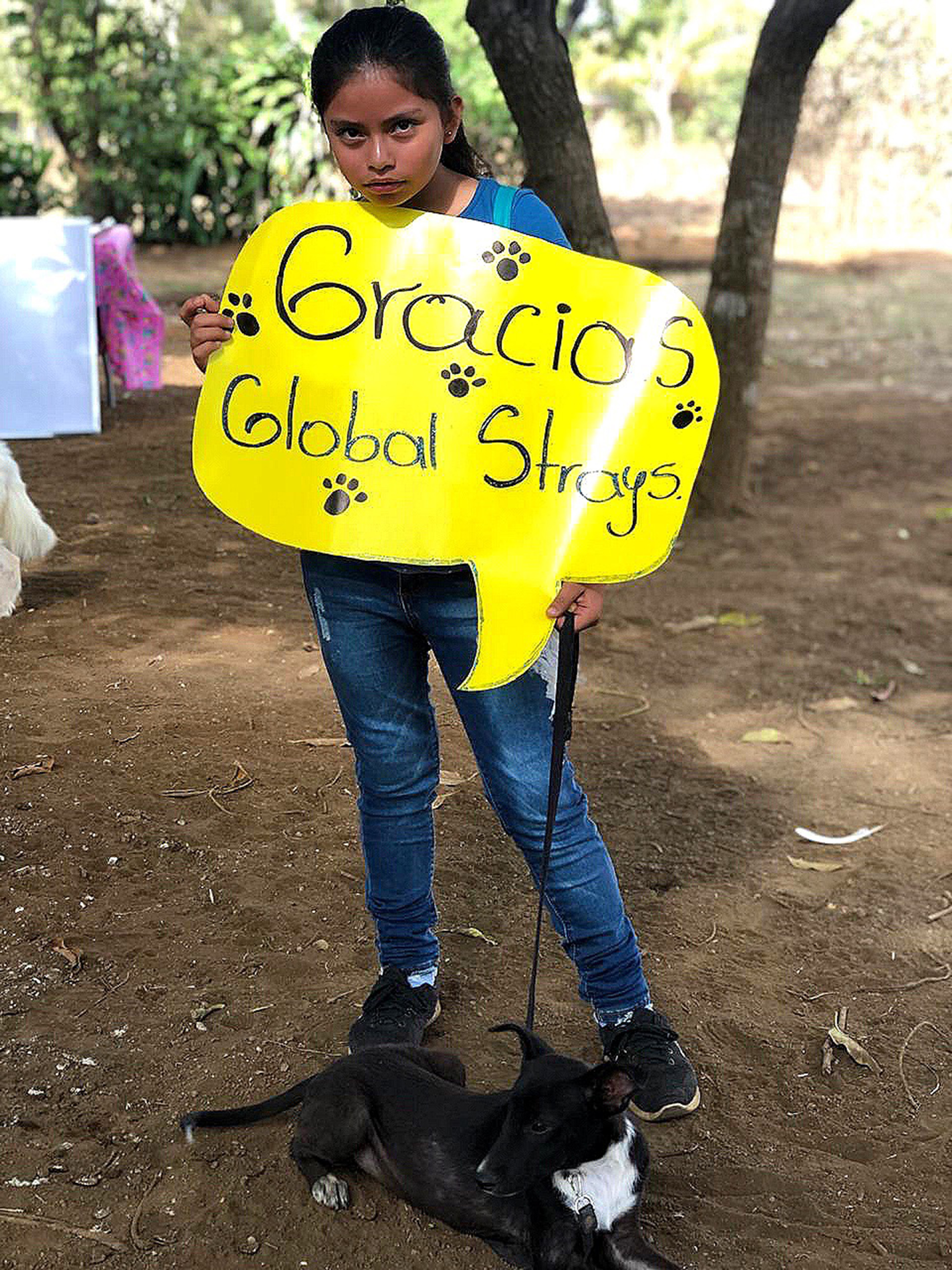
The One Health Model recognizes the interconnection between animal health, human health, plant health, and the shared environment. This direct correlation is backed by the Centers for Disease Control and Prevention, which informs that six out of every 10 infectious diseases in humans are spread from animals.
Strays aren’t an isolated problem. Each untreated stray animal, throughout the world, raises the risk of human exposure to disease. Through the treatment of four-legged beings, human beings have a better chance of survival.
Global Strays, founded in 2016, resonates with this belief of healthy animals, healthy humans. It is the very heartbeat of what they do — a non-profit supporting animal rescuers with limited resources in other parts of the world. Alongside only six volunteers, president Elizabeth Shafiroff is passionate about the cause.
“I was always curious about the state of animals around the world,” Shafiroff noted. Vacations outside of the United States became a glimpse into the world of roaming animals. After a trip to Nicaragua and seeing its city streets, she decided she wanted to help, and the idea for Global Strays was formed.
“In a country like Nicaragua, the well-being of animals often takes a backseat to human needs. We were pleasantly surprised to see that there were so many rescuers trying their best to help stray animals. However, these rescuers had little to no outside support or donors. I was inspired by the people I met and wanted to help them fundraise so that they could continue their work and do it better,” she added.
According to the American Society for the Prevention of Cruelty to Animals, nearly 6.5 million pets enter shelters annually. Outside of the United States, strays flood the streets from overpopulation. Based in the U.S., Global Strays teams up with existing organizations in the countries it serves and meets with the rescuers who needed financial assistance.
Partner organizations include Rescatando Huellas, Fundación Adan, Organica, and Orpovet in Nicaragua; Collares Rojos in the Dominican Republic; and Albergue Santandercito-Cundinamarca and Fundación Pacto Animal in Colombia. “We support our partner organizations who rescue and raise awareness on the plights of animals who have been abused, neglected, or abandoned,” said Shafiroff.
Initiatives include the monthly upkeep of these shelters, spay and neutering clinics, and free veterinarian care for low-income families with pets. Additionally, Global Strays wants to sponsor educational programs run by these organizations for animals and environmental awareness.
In November 2018, GS launched a new enterprise between veterinarians and working horses in Nicaragua with Dr. Lester Tapia, one of the remaining veterinarians treating equines on a large scale in the country. With hundreds of working horses, they are oftentimes relied on for a person’s and family’s livelihood. Transporting agricultural crops and construction material becomes taxing on the animals. Without proper medical attention, hoof care, wound cleaning, and dental treatment, the animals can easily become sick, or worse, die.
Through donations, Global Strays successfully funded the medical supplies and pharmaceuticals needed for Dr. Tapia’s three-day clinic in which Tapia and his volunteer team of veterinarians gave free veterinary care to 412 working horses in the Nicaraguan areas of Granada, Masaya, Camino Real, El Guayabo, Osagay, and El Paso.
“These clinics are lifesaving in many instances. By making sure animals are healthy, we are in turn improving the lives of owners and their families and allowing them to better run their businesses,” said Shafiroff.
Bringing their efforts back home, Shafiroff and her volunteers often take the animals from international partner organizations and place them up for adoption through Animal Haven in New York City to find them a home locally. It is an effort that she hopes will expand to other local shelters in the future.
“We would like to apply for our first grant to grow our educational programs in Nicaragua because we feel strongly about educating our youth about the importance of the well-being of animals and the environment. Another goal is to increase the Global Strays community. We want more people involved who believe in international animal welfare to join us in our efforts to help animals, people, and the environment,” she said.
To learn more, visit www.globalstrays.org.
nicole@indyeastend.com
